The IAFOR International Conference on Education – Dubai 2018
“Surviving and Thriving: Education in Times of Change” In 2017, IAFOR education conferences in Asia, …
Nurturing interdisciplinary research in the global public interest

As an organisation, IAFOR’s mission is to promote international exchange, facilitate intercultural awareness, encourage interdisciplinary discussion, and generate and share new knowledge. In 2018, we are excited to launch a major new and ambitious international, intercultural and interdisciplinary research initiative that uses the silk road trade routes as a lens through which to study some of the world’s largest historical and contemporary geopolitical trends, shifts and exchanges.
IAFOR is headquartered in Japan, and the 2018 inauguration of this project aligns with the 150th anniversary of the Meiji Restoration of 1868, when Japan opened its doors to the trade and ideas that would precipitate its rapid modernisation and its emergence as a global power. At a time when global trends can seem unpredictable, and futures fearful, this Silk Road Initiative gives the opportunity to revisit the question of the impact of international relations from a long-term perspective.
This ambitious initiative will encourage individuals and institutions working across the world to encourage research centring on the contact between countries and regions in Europe and Asia, from Gibraltar to Japan, and the maritime routes that went beyond into the South-East Continent and the Philippines, and later out into the Pacific Islands and the United States. The IAFOR Silk Road Initiative will concern all aspects of this contact, and will examine both material and intellectual traces, as well as consequences.

The occidentalisation of history and the grand narrative of European and American progress has consigned the Silk Road instead to historical quaintness, exotic literary caricature in the adventures of Marco Polo, or the sort of esoteric academic investigations that receive little attention. This largely ignores its huge historical and present-day importance and relevance to the routes and paths that continue to connect humans through trade and exchange.
In a world of rankings, algorithms, unedited “news”, and self-referential “centres of excellence”, it is facile to conclude that the centre and pinnacle of all knowledge is held by a few pockets of venture-capital-backed open-plan offices in Silicon Valley, or schools and universities in which the cloistered architecture does not even offer the pretence of openness. Globalisation, and the technology that has enabled it, has allowed an immense flowering of possibilities in communication and access to knowledge, while at the same time increasing alienation from self and society, encouraging “virtual” worlds, creating and cementing fissures, and encouraging fear of the foreign.
It is only through encounters with difference that we are able to shape ourselves and our ideas, and physical human interaction is and remains at the source of all value. The international, intercultural and interdisciplinary meetings that lie at the heart of IAFOR and this research initiative have never been more important in our globalised world.

In the new century there are many complex challenges facing all of humanity, from tangible concerns such as health care, poverty, climate change, food and energy security, to conflict prevention, as well as problems of how to address these issues at the global and local levels. In such a global endeavour, synergy of knowledge and wisdom between different traditions, communities and civilisations is as important as ever to come up with better solutions. And there could not be a more fitting place in Japan than Kobe for the start of an important dialogue. Why?
Kobe, the host city of IAFOR’s Japan conferences, is celebrating 150 years since opening its doors to the world in 1868, one year before the Meiji Restoration. Kobe has since been one of the leading Asian ports for trade alongside Shanghai, marking its name in the early last century as the international face of a modernising Japan in the regional setting of Kansai – an area that is historical, innovative and outward-looking. The city has one of the oldest Chinese and Indian communities in Japan because of this history, and has been home to many European and Russian (Jewish) émigrés. More recently, it has overcome the crippling destruction of its city centre and port facilities in the 1995 Kobe-Awaji earthquake.
But there is more. Kobe and the Kansai area, 500 km east of Tokyo and Kanto, home to Kyoto, Osaka and Sakai, represent the inherent strength (sokojikara) of Japan as the vortex of Japan’s cultural, political and commercial activities for nearly 13 centuries. In the old days Kyoto and the older capital Nara were the repository of religion, knowledge, technology and civilisation that reached Japan by way of the Silk Road. In more recent times, Sakai, one of the oldest port cities near Osaka and the birth place of Senno Rikyu, the grand tea master, traded with the Spanish and Portuguese. Sakai was the main manufacturer of guns in 16th-century Japan. Osaka has been the biggest commerce centre since Edo-period Japan, pioneering in futures trade and giving birth to many large trading houses that would provide the social capital for rapid industrialisation in the Meiji era. Even though the capital has moved to Tokyo, Kansai continues to flourish, in this rich cultural heritage and tradition of innovative thinking, as a place where East mingles with the West over time and space in ways that Tokyo cannot match.
The symbolism of Kobe and Kansai is important to Japanese identity, as it has faced its own post-industrial challenges since the economic slump. The key to Japan’s renovation and continued relevance to the world is to rediscover and reappraise our own history of modernisation with a view to opening up to and engaging with the world in a more dynamic way.
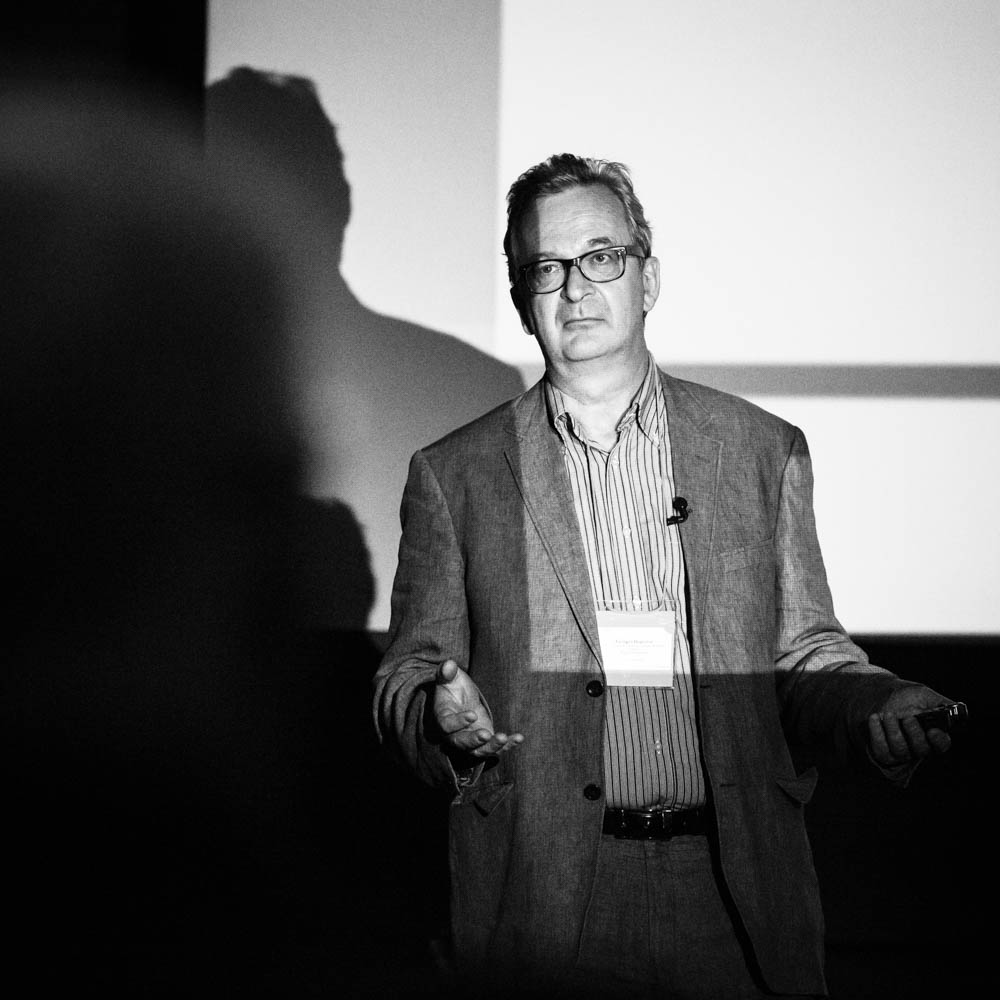
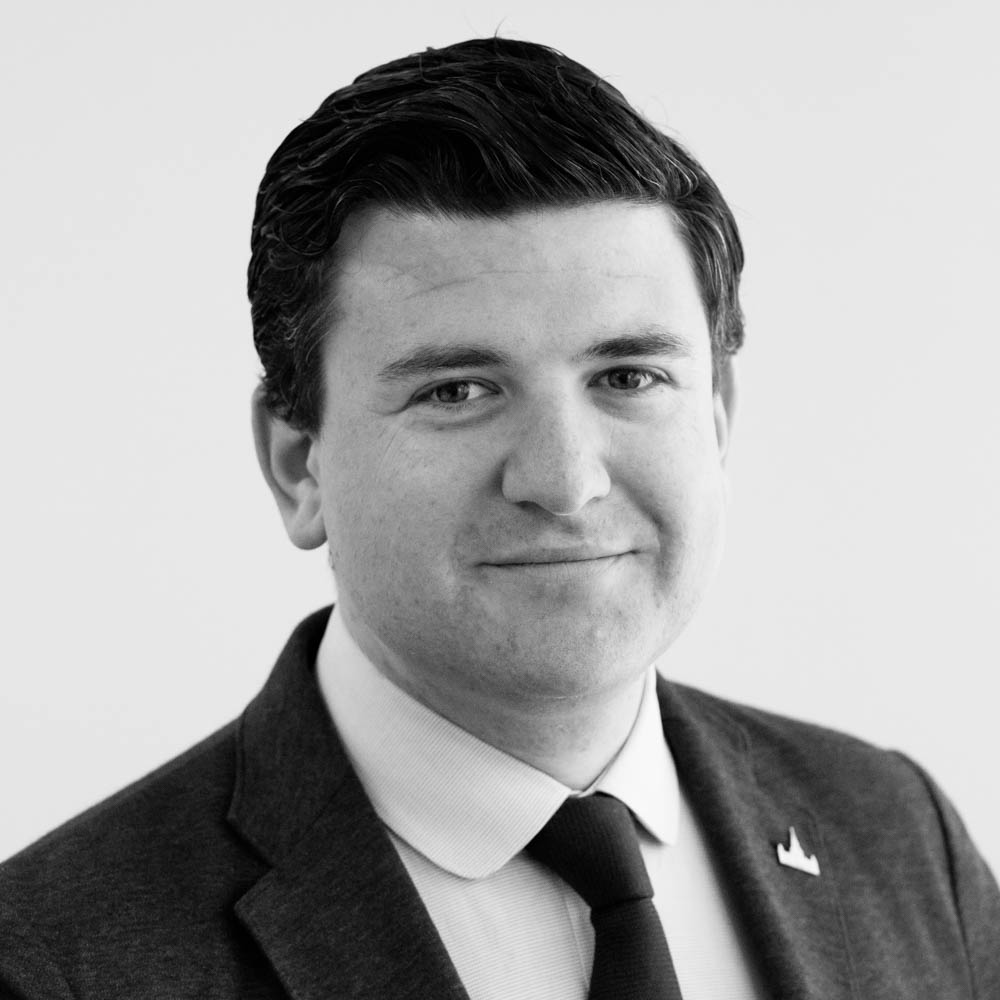
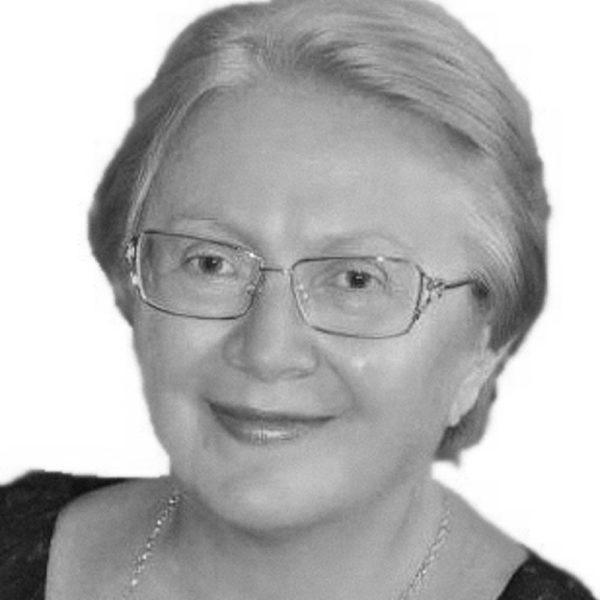
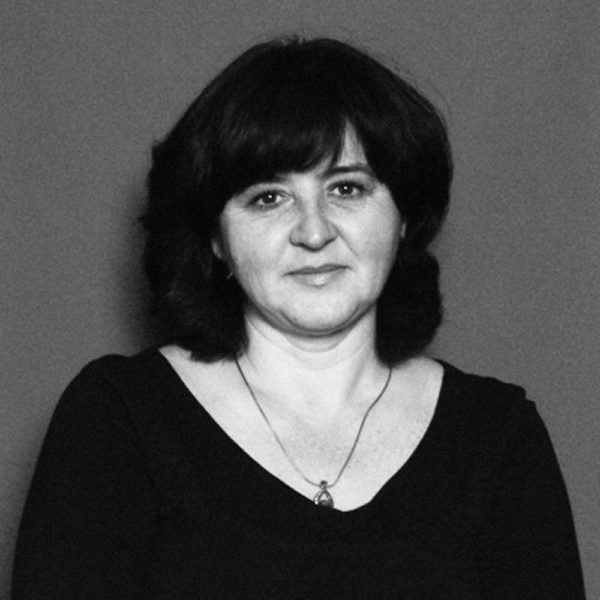
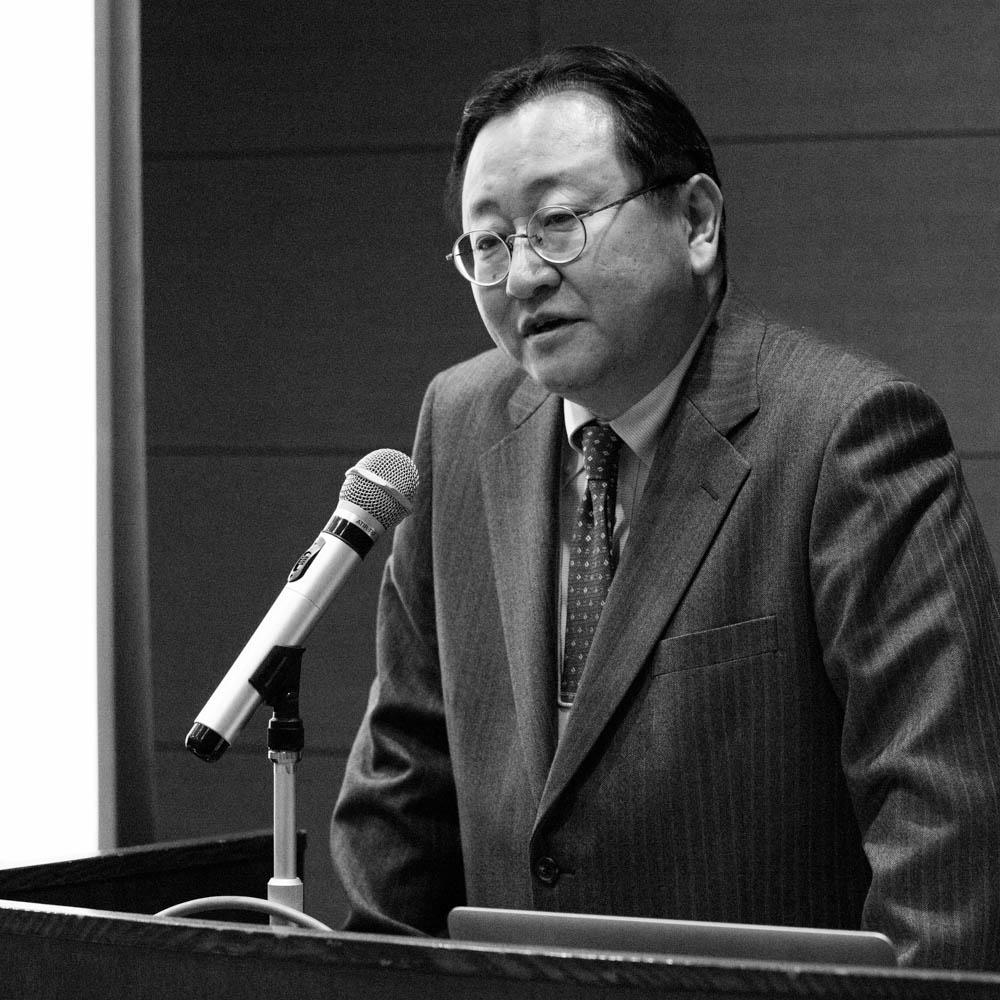
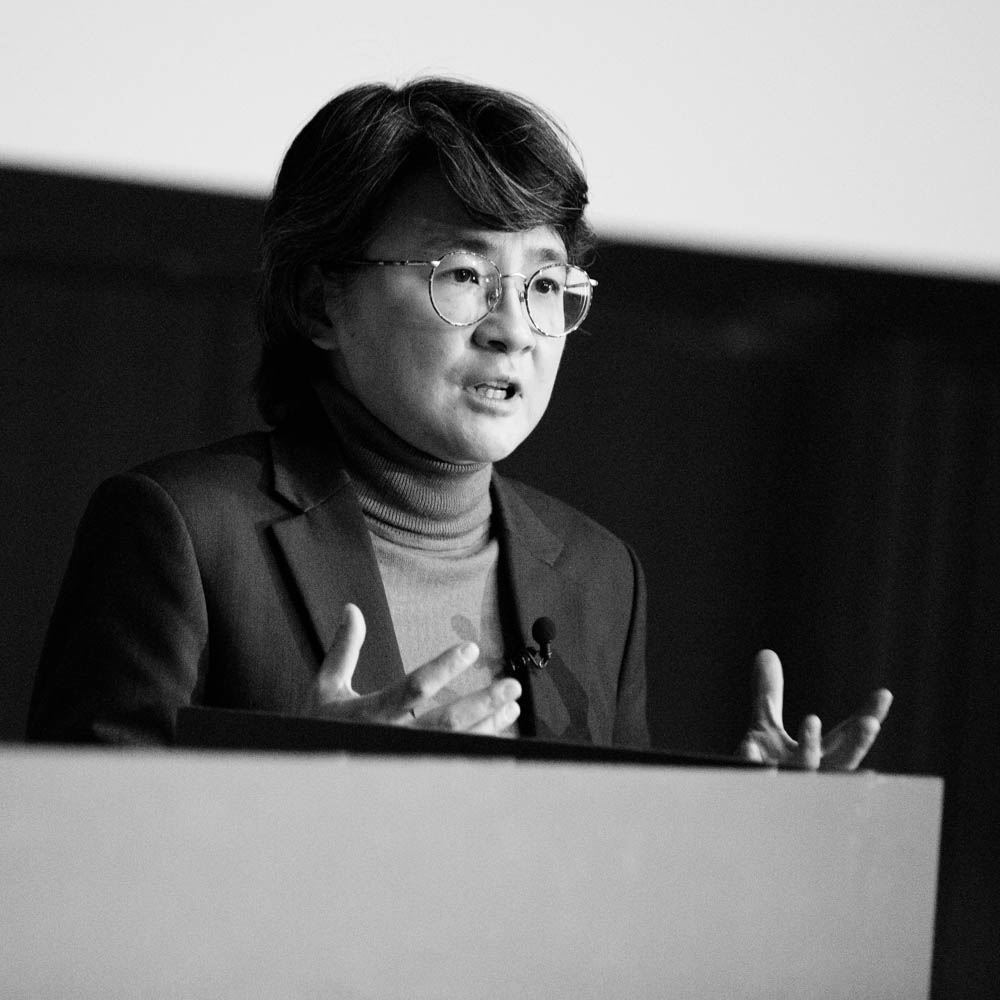
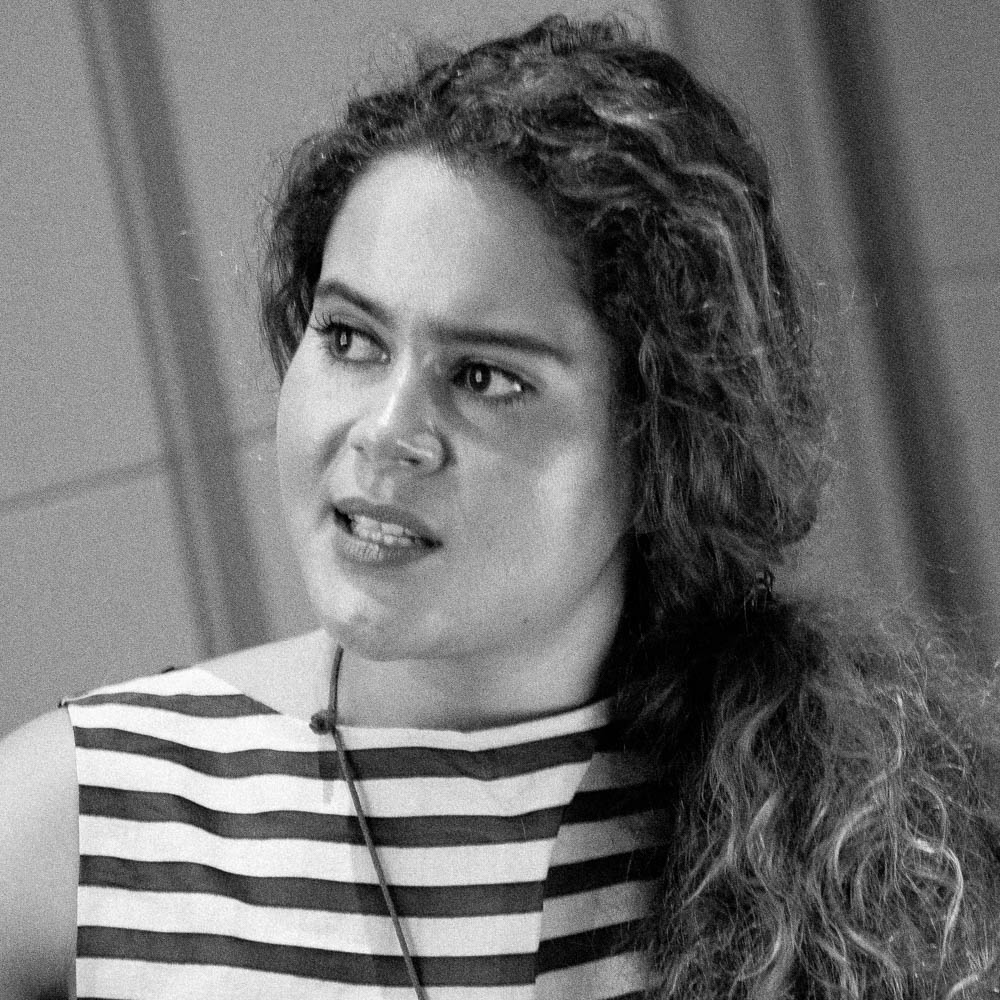
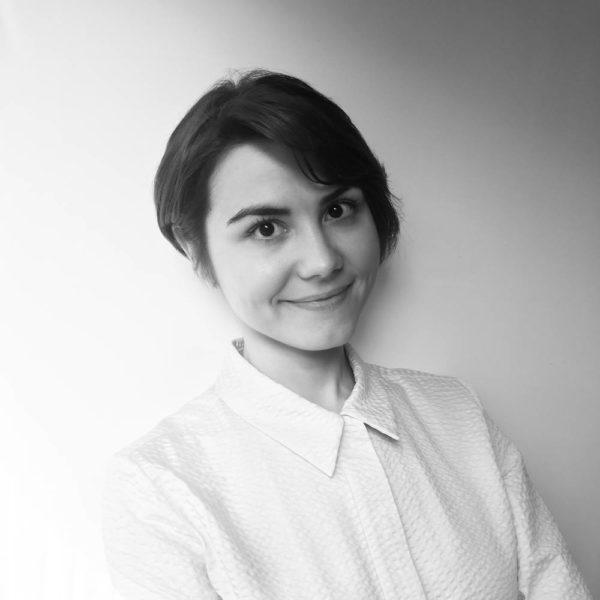


To be informed of the latest developments and to express your interest in joining the IAFOR Silk Road Initiative’s mailing list, join by clicking here.
Since 2009, The International Academic Forum (IAFOR) has welcomed over 18,000 academics to its interdisciplinary conferences held in Japan, UK, Spain, USA and UAE.
A series of round tables on the IAFOR Silk Road Initiative are being held in Japan, the UK and Spain in 2017, and the initiative will become a central aspect of a series of conferences, meetings, seminars and workshops from 2018 in Asia, Europe and North America.
Details of these conferences and events can be found via the links below:
“Surviving and Thriving: Education in Times of Change” In 2017, IAFOR education conferences in Asia, …
“Surviving and Thriving in Times of Change” Conference Sub-Theme: World Englishes in the MENA Region …
“Surviving and Thriving in Times of Change” “The only thing that is constant is change.” …
“Surviving and Thriving in Times of Change” The way we think, reason and behave as …
“Surviving and Thriving: Education in Times of Change” In 2017, IAFOR education conferences in Asia, …
“Recentering: Asian Spaces, Cultures and Ideas in the 21st Century” If globalisation is characterised by …
“Surviving and Thriving: Education in Times of Change” In 2017, IAFOR education conferences in Asia, …
“Fearful Futures: Cultural Studies and the Question of Agency in the Twenty-First Century” We have …
To be informed of the latest developments, join the IAFOR Silk Road Initiative’s mailing list by indicating your academic and geographical area(s) of interest.
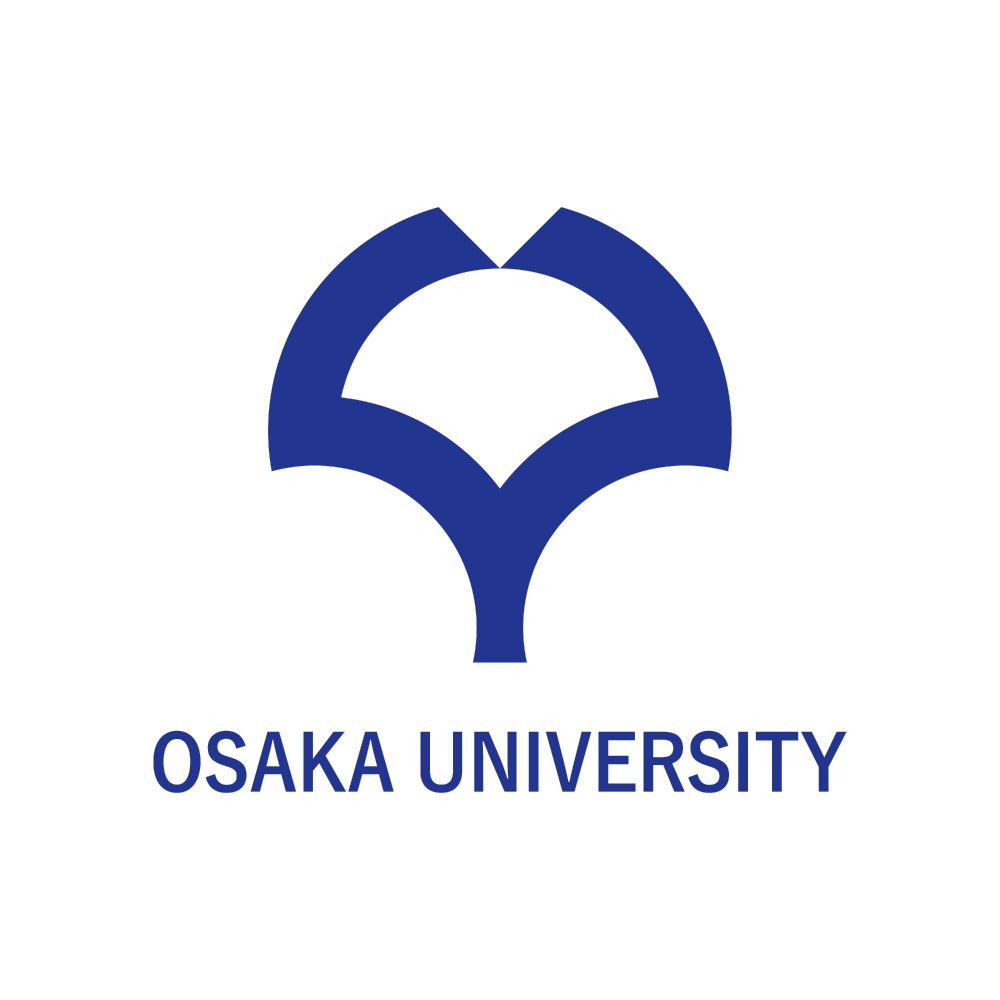
Institution: Osaka University
Country: Japan
Institutional contact: Professor Haruko Satoh
Website: www.osaka-u.ac.jp/en
As one of Japan’s leading comprehensive research universities, Osaka University was founded in 1931 as the sixth imperial university of Japan through strong demand from the business and government sectors of Osaka, as well as the people of Osaka City and Prefecture. The roots of Osaka University can be found in Kaitokudo and Tekijuku of the Edo period. The academic culture of these two places of scholarship is apparent even today, and the spirit of innovation and challenge serve as the cornerstone of the university’s endeavours in education and research.
In 2017 The Osaka School of International Public Policy (OSIPP) at Osaka University launched a collaborative interdisciplinary research centre with The International Academic Forum (IAFOR).
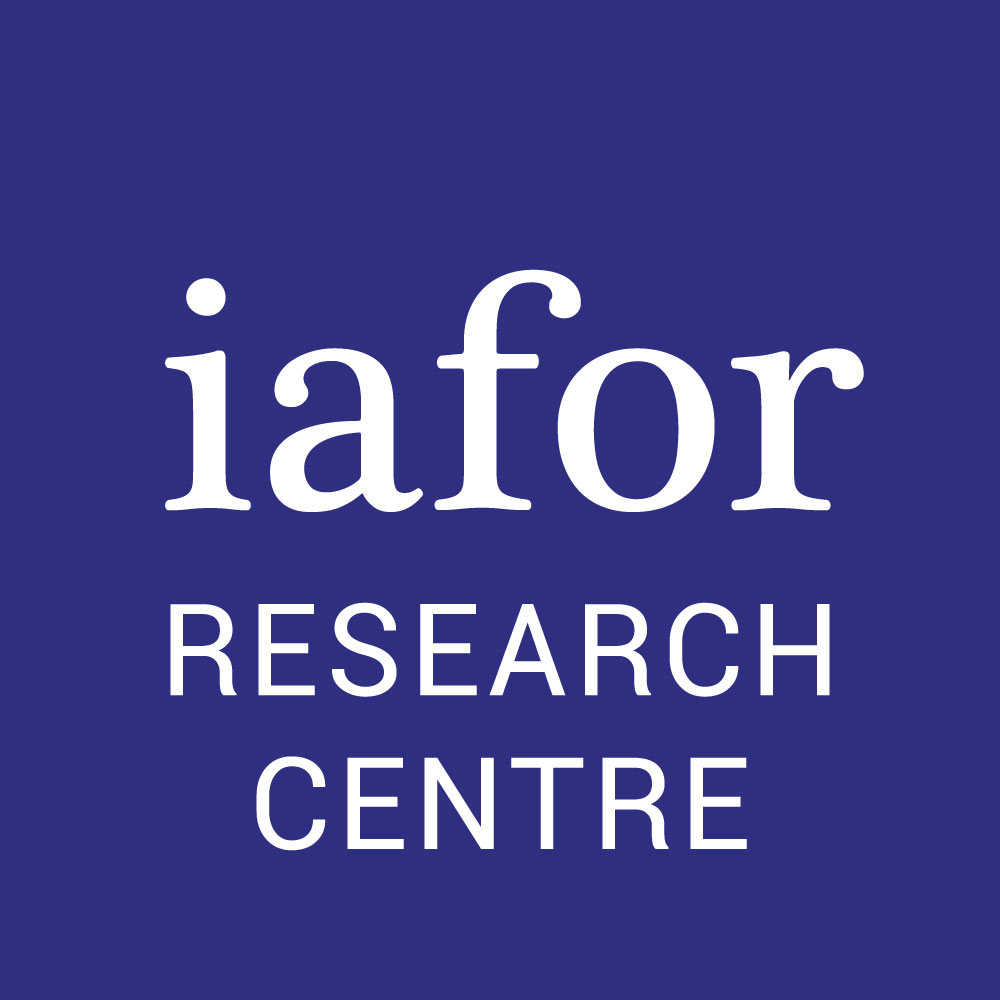
Institution: The IAFOR Research Centre (IRC)
Country: Japan
Institutional contact: Professor Haruko Satoh
Website: www.osipp.osaka-u.ac.jp/iaforresearchcentre/
The IAFOR Research Centre (IRC) is a politically independent international interdisciplinary think tank based at Osaka School of International Public Policy (OSIPP), at Japan’s Osaka University, that conducts and facilitates international and interdisciplinary research projects. The main focus is to encourage mutual international and intercultural understanding and cooperation in line with IAFOR’s mission of encouraging interdisciplinary discussion, facilitating heightened intercultural awareness, promoting international exchange, and generating and sharing new knowledge.
The IRC helps to nurture and capacity build by encouraging students to take part in international conferences and research projects, in line with the Osaka University’s Global 30 commitments from Japan’s Ministry of Education, Culture, Sports, Science and Technology (MEXT).
The vision of the centre is to become a globally recognised center of international and interdisciplinary research excellence, that attracts the best and the brightest scholars from around the world, and helps to fulfil and consolidate the great potential of OSIPP to become Asia’s leading graduate school for international public policy studies.
The work of the IAFOR Research Centre is overseen by Professor Toshiya Hoshino in the university, with Professor Satoh as the official liaison. The representative of IAFOR is Dr Joseph Haldane.
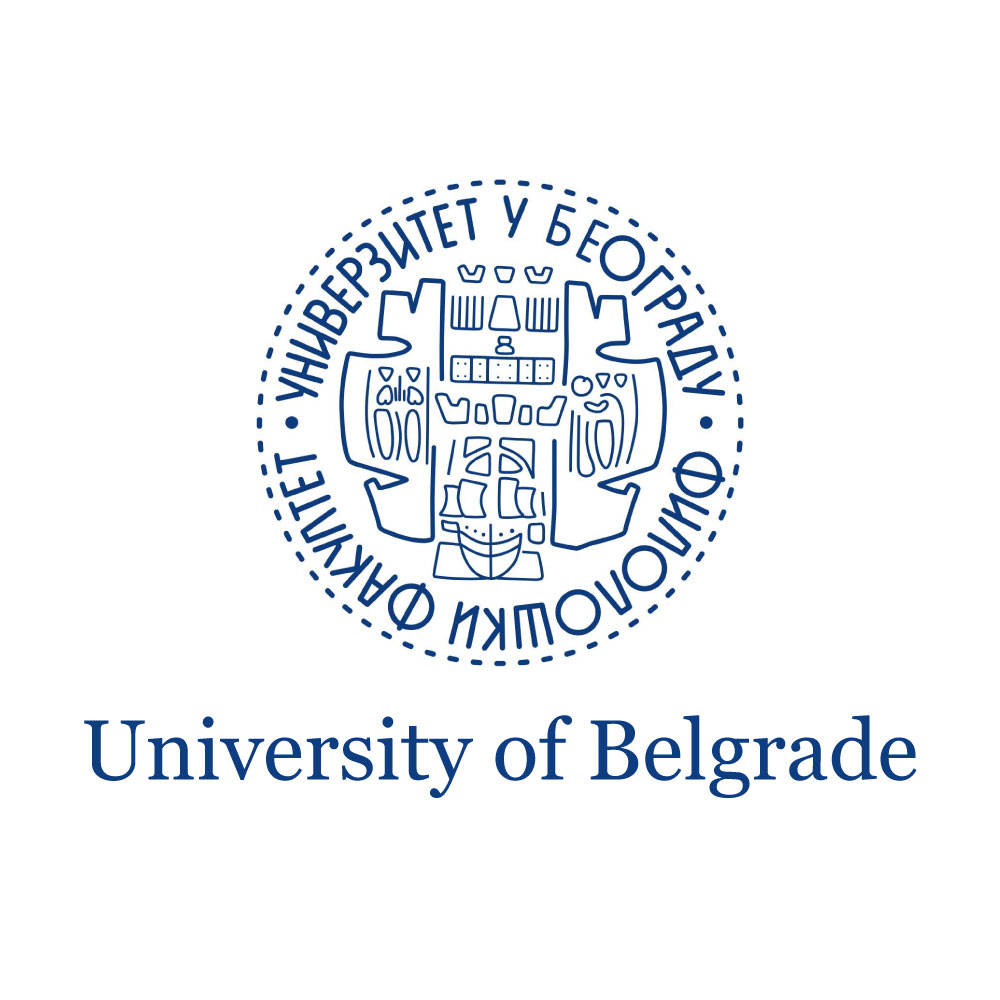
Institution: University of Belgrade
Country: Serbia
Institutional contact: Dr Ljiljana Markovic
Website: bg.ac.rs
The University of Belgrade is a state university located in Serbia. Founded in 1808, the University of Belgrade has served its people, and its former students and teachers have greatly contributed to the development of cultural, scientific, educational, political and economic life of Serbia.
The University of Belgrade is prepared to maintain and enhance its position as the leading institution of higher education in the region by adapting to the challenges of modern times on one hand, and preserving what’s worth in its tradition on the other. This is precisely what makes the university a true national brand.
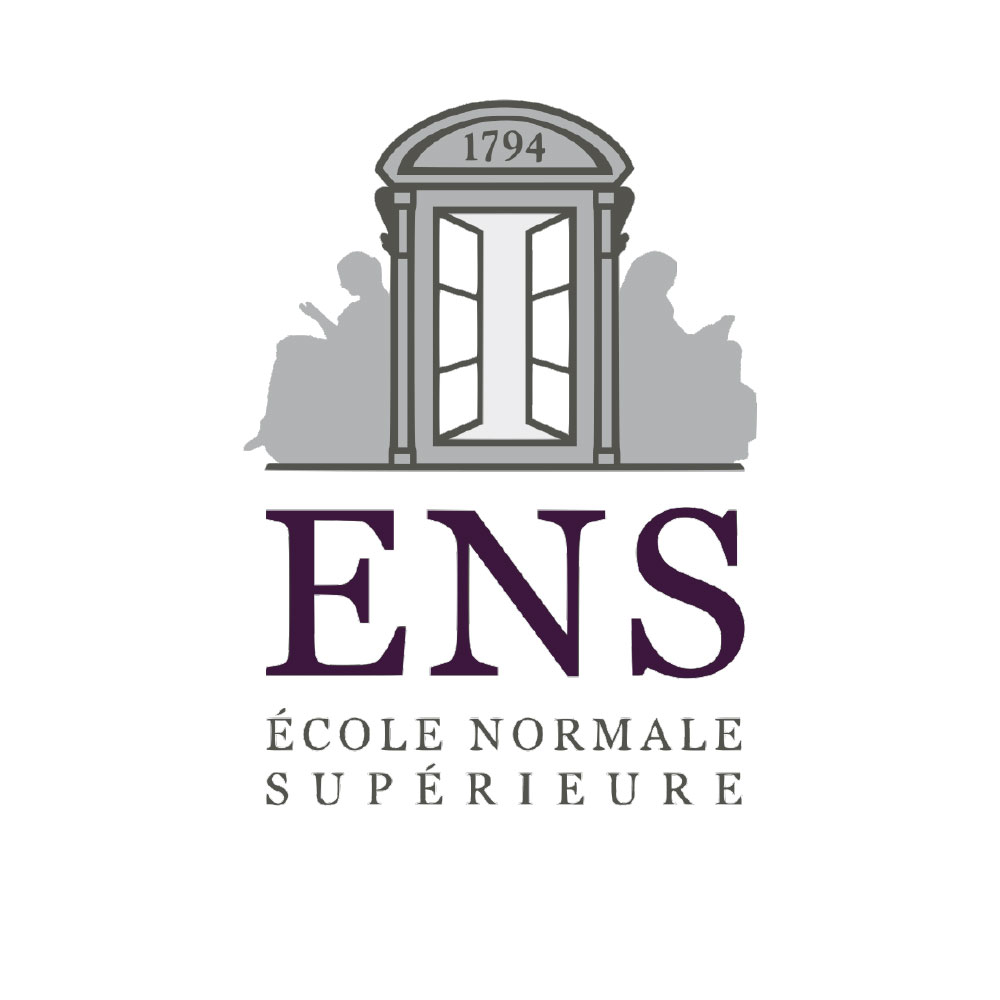
Institution: École Normale Supérieure (ENS)
Country: France
Institutional contact: Professor Georges Depeyrot
Website: www.ens.fr
At the same time a French grande école and a university, the École Normale Supérieure provides in Paris, at the heart of the Quartier latin, excellent training through research, leading to various teaching and research professions, and contributes to train through research the senior executives of public administrations as well as of French and European companies. The ENS also defines and applies scientific and technological research policies, from a multidisciplinary and international perspective.
Intellectual freedom, multidisciplinarity in humanities and sciences, individual attention to students, bountiful campus life, gathering students and professors from all disciplines, form the heart of the specificities of the École Normale Supérieure. Since more than 2 centuries, the ENS prepares its students to the most various openings and the highest responsibilities, while being fully invested in the intellectual, scientific and cultural debates of its time – in particular through the multiplicity of the normaliens’ engagement.
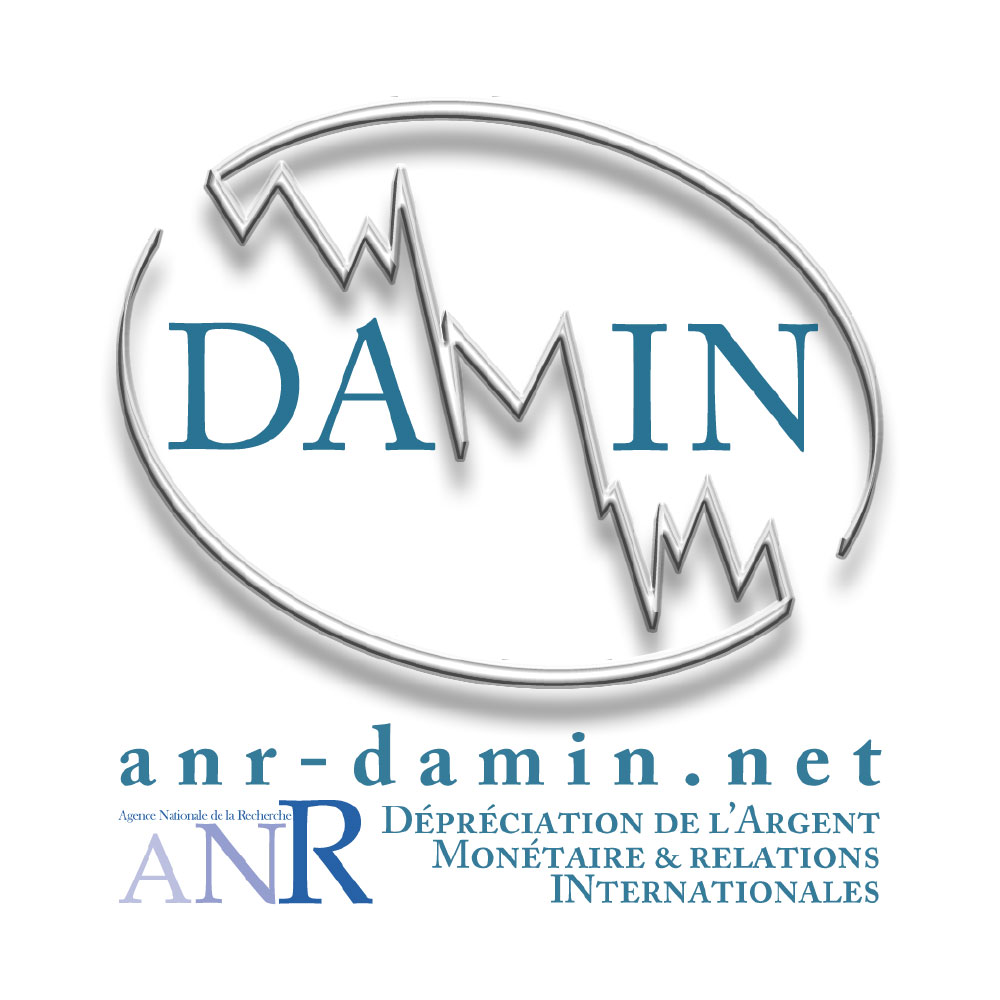
Institution: DAMIN
Country: France
Institutional contact: Professor Georges Depeyrot
Website: www.anr-damin.net
The axis of the work is the study of the depreciation of silver in the second half of the XIXth century and its consequences in developed countries. We will study more specifically the differences between countries.
The brutal increase of silver production and the development of the gold standard in the 1870s originated a definitive decrease of the value of silver. The ratio gold/silver that was established at more or less 1/15 or 1/15.5 shifted to 1/16, 1/18 up to 1/32 at the end of the century. This decline of the silver increased the real cost of the sums estimated in gold. This evolution was a handicap for imports of silver-using countries, but an advantage for their exports. However, taxes to be paid to gold-using countries or refunds of loans to London were more and more heavy (it was the case of India – silver-using – and Great Britain – gold-using –, or loans of Japan in example). Several solutions were considered, including the creation of a large silver-using zone (India, Asia).
Little by little the main countries shifted from silver-using or bimetallism to gold standard (de facto or de jure) that was already adopted in United Kingdom (1816), Australia and Canada (1852-53), Portugal (1854): Germany (1871), Denmark (1872), United States of America, Sweden, France, Belgium, Italy, Belgium and Switzerland (1873), Norway and Netherlands (1875), Spain (1876), Serbia (1878), Austria (1879), Russia and India (1893) Japan (1897), etc.
All these transformations were at the origin of crises and financial speculations: the ratio gold/silver was not the same at the same moment in USA, Europe, India, China, etc.
The DAMIN program wants to analyse this important phenomenon that was, in fact, the first financial globalisation, and to understand the reality of the gold and silver production, its consequences, the importance of each economic zone.
As trade and finance were globalised, the DAMIN program will include all countries concerned by the silver question: USA, Latin America, Europe, India, China, Japan and all the connected questions (prices, transportation, import/export, etc.).

Institution: MONETA
Country: France
Institutional contact: Professor Georges Depeyrot
Website: www.moneta.be
MONETA publishes studies on numismatics and the monetary economy.

Georges Depeyrot is a monetary historian at the French National Center for Scientific Research (CNRS) in Paris. He began his scientific career in the 1970s studying coin finds and joined the CNRS in 1982. After some years he joined the Center for Historical Research in the School for Advanced Studies in the Social Sciences (EHESS) and is now a professor at the École Normale Supérieure. After his habilitation (1992), he specialised in international cooperative programs that aim to reconsider monetary history in a global approach. He has directed many cooperative programs linking several European countries, including those situated at the continent’s outer borders (Georgia, Armenia, Russia, and Morocco). Professor Depeyrot is the author or co-author of more than one hundred volumes, and is the founding director of the Moneta publishing house, the most important collection of books on the topic of money. Professor Depeyrot is a member of the board of trustees of the Centre National de Recherche Scientifique.

Joseph Haldane is the Chairman and CEO of IAFOR. He is responsible for devising strategy, setting policies, forging institutional partnerships, implementing projects, and overseeing the organisation’s business and academic operations, including research, publications and events.
Dr Haldane holds a PhD from the University of London in 19th-century French Studies, and has had full-time faculty positions at the University of Paris XII Paris-Est Créteil (France), Sciences Po Paris (France), and Nagoya University of Commerce and Business (Japan), as well as visiting positions at the French Press Institute in the University of Paris II Panthéon-Assas (France), The School of Journalism at Sciences Po Paris (France), and the School of Journalism at Moscow State University (Russia).
Dr Haldane’s current research concentrates on post-war and contemporary politics and international affairs, and since 2015 he has been a Guest Professor at The Osaka School of International Public Policy (OSIPP) at Osaka University, where he teaches on the postgraduate Global Governance Course, and Co-Director of the OSIPP-IAFOR Research Centre, an interdisciplinary think tank situated within Osaka University.
He is also a Visiting Professor in the Faculty of Philology at the University of Belgrade, a Member of the International Advisory Council of the Department of Educational Foundations at the College of Education of the University of Hawaii at Manoa, and a Member of the World Economic Forum’s Expert Network for Global Governance.
From 2012 to 2014, Dr Haldane served as Treasurer of the American Chamber of Commerce in Japan (Chubu Region) and he is currently a Trustee of the HOPE International Development Agency (Japan). He was elected a Fellow of the Royal Asiatic Society in 2012, and a Fellow of the Royal Society of Arts in 2015.
A black belt in judo, he is married with two children, and lives in Japan.
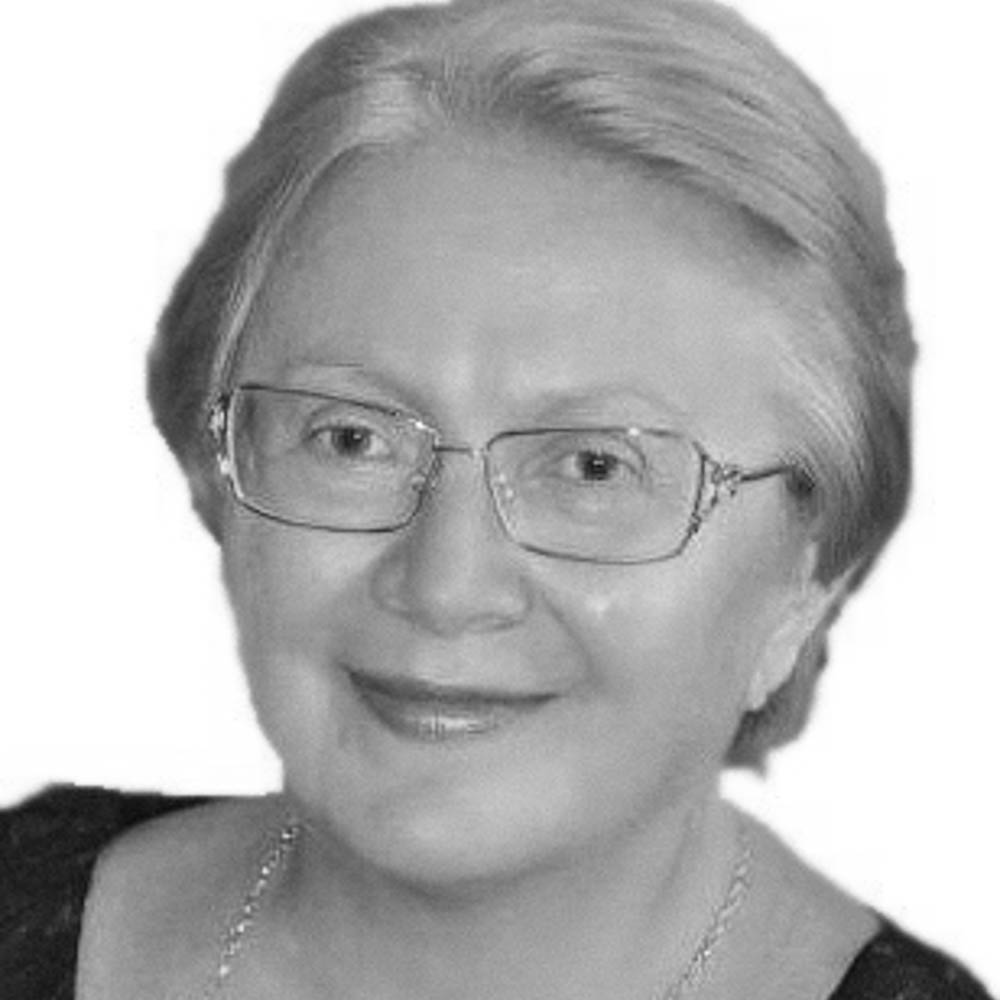
Dr Ljiljana Markovic is Dean, Chairperson of the Doctoral Studies Program and Full Professor in Japanese Studies at the University of Belgrade, Serbia. She has previously served as Vice Dean for Financial Affairs, Faculty of Philology, University of Belgrade (2008-2016). She holds the positions of Chairperson of the Association of Japanologists of Serbia, Member of the University of Belgrade Council, Chairperson of the University of Belgrade SYLFF Committee, Member of the Republic of Serbia, Ministry of Education, Science and Technological Development, Bilingual Education Board, and Member of the Republic of Serbia, Ministry of Culture, Committee on Books Procurement for Public Libraries. In 2010 she received the Gaimu Daijin Sho Award from the Minister of Foreign Affairs of Japan, and in 2011 she received the Dositej Obradovic Award for Pedagogical Achievement. She is the author of a large number of publications in the fields of Japanese studies and economics.
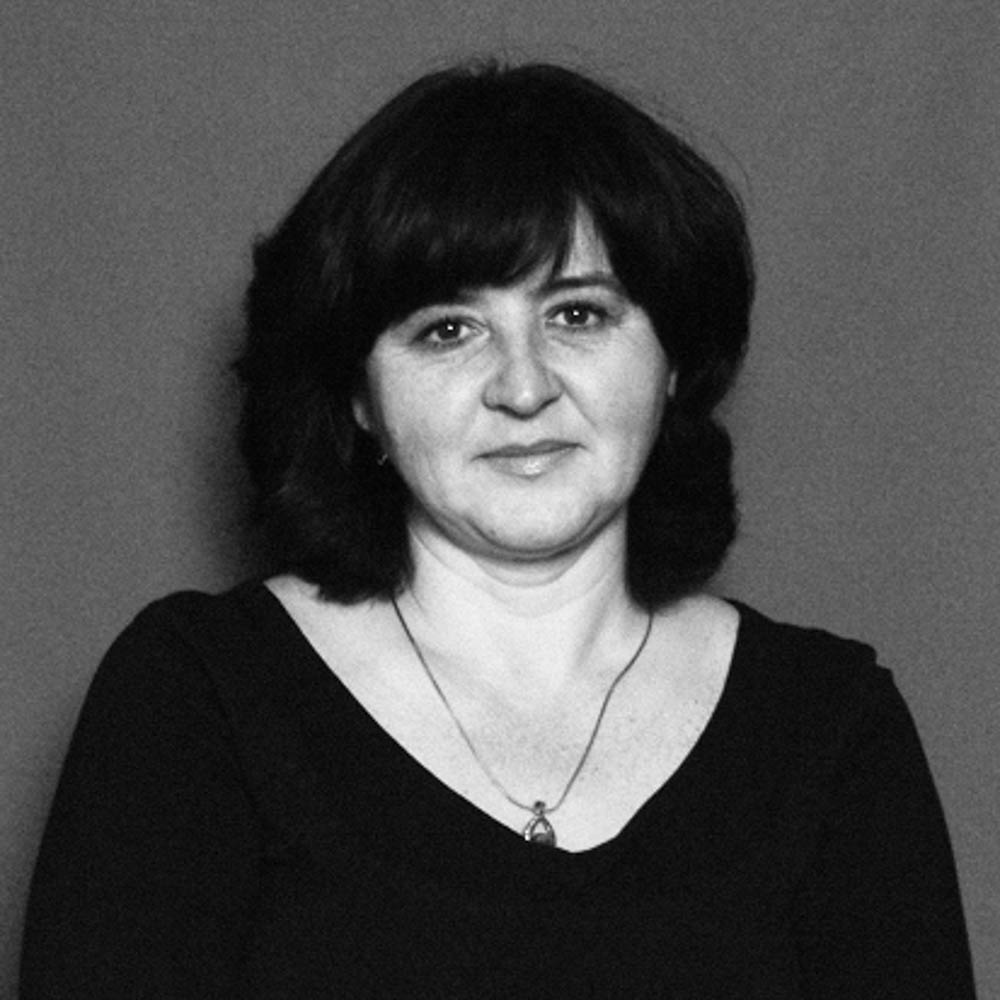
Professor Aleksandra Vranes is the Dean of the Faculty of Philology, Belgrade University, and Professor in the Department of Librarianship and Informatics. She has also been Head of this Department; Head of Department for Development and Growth of Librarianship in Serbia under the auspices of the National Library of Serbia; President of the Association of Serbian Librarians; editor in chief of the journal Meetings of the Bibliographers; member of Republic Commissions for State Professional Exam in Librarianship, Promotion into Higher Level of Vocation, Cultural Manifestations and Prizes, Projects in Library Science. She is the author of several books, numerous studies and articles, and she has participated in conferences in Serbia and abroad, initiated and organised ten international and three national meetings.

His Excellency Professor Toshiya Hoshino is presently Ambassador and Deputy Permanent Representative of Japan to the United Nations in New York.
Previous to his role at the UN, Professor Hoshino was on the faculty at the Osaka School of International Public Policy (Osaka University), serving as Dean from 2011 to 2014, before being appointed Vice-President (International) of the University from 2014 to 2016.
From August 2006 to August 2008, he served as a Minister-Counselor in charge of political affairs at the Permanent Mission of Japan to the United Nations (UN). At the UN, he was a principal advisor to the Chair of the UN Peacebuilding Commission (PBC) when Japan assumed its chairmanship. He graduated from Sophia University, Japan, completed a Master’s at the University of Tokyo, and received his Doctorate (PhD) from Osaka University.
His previous positions have included: Senior Research Fellow at the Japan Institute of International Affairs; Guest Scholar at the School of International and Public Affairs, Columbia University; Fellow at Stanford Japan Center, Stanford University; Visiting Fellow, Woodrow Wilson School, Princeton University; and Special Assistant (Political Affairs) at the Embassy of Japan to the United States.
He is a specialist in UN peace and security policies (conflict prevention, peacemaking, peacekeeping and peacebuilding), human security and humanitarian issues, security in the Asia-Pacific region and Japan-US relations.

Haruko Satoh is Specially Appointed Professor at the Graduate School of Engineering Science in charge of CAREN (Osaka University Centre for the Advancement of Research and Education Exchange Networks in Asia) and also lecturer at the Osaka School of International Public Policy (OSIPP), where she runs MEXT Reinventing Japan project on “Peace and Human Security in Asia (PAHSA)” with six Southeast Asian and four Japanese universities. She is also the President of the The Asian Political and International Studies Association (APISA).
In the past she has worked at the Japan Institute of International Affairs (JIIA), Chatham House, and Gaiko Forum. Her interests are primarily in state theory, Japanese nationalism and identity politics. Recent publications include: “Rethinking Security in Japan: In Search of a Post-‘Postwar’ Narrative” in Jain & Lam (eds), Japan’s Strategic Challenges in a Changing Regional Environment (World Scientific, 2012); “Through the Looking-glass: China’s Rise as Seen from Japan”, (co-authored with Toshiya Hoshino), Journal of Asian Public Policy, Vol. 5, No. 2, pp. 181-198 (July 2012); “Post-3.11 Japan: A Matter of Restoring Trust?”, ISPI Analysis No. 83 (December 2011); “Legitimacy Deficit in Japan: The Road to True Popular Sovereignty” in Kane, Loy & Patapan (eds), Political Legitimacy in Asia: New Leadership Challenges (Palgrave Macmillan, 2011), “Japan: Re-engaging with China Meaningfully” in Tang, Li & Acharya (eds), Living with China: Regional States and China through Crises and Turning Points, (Palgrave Macmillan, 2009).
Professor Haruko Satoh is a member of IAFOR’s Academic Governing Board. She is Chair of the Politics, Law & International Relations section of the International Academic Advisory Board.

Dr Elena Raevskikh is a research fellow at the French National Centre for Scientific Research (CNRS), at the Centre Norbert Elias in Marseille, France. She holds a PhD in sociology from the School for Advanced Studies in the Social Sciences (EHESS). Her PhD thesis is entitled “The Genesis and renewals of institutional forms of culture: a study of music conservatories and their territorial anchors”. Dr Raevskikh has also graduated in international public law from the Lomonosov Moscow State University Law Faculty in Russia, where she studied the legal aspects of the process of economic and monetary integration in the European Union. She is currently involved in the ANR-Curricula research project funded by the French National Research Agency, which aims to analyse the reorganisation of cultural institutions in cities designated “European Capitals of Culture” in four European countries (France, Sweden, Poland and Italy). For this project, Dr Raevskikh is developing new conceptual and methodological approaches to identify the creative territories and the socio-cultural dynamics of artistic innovation.
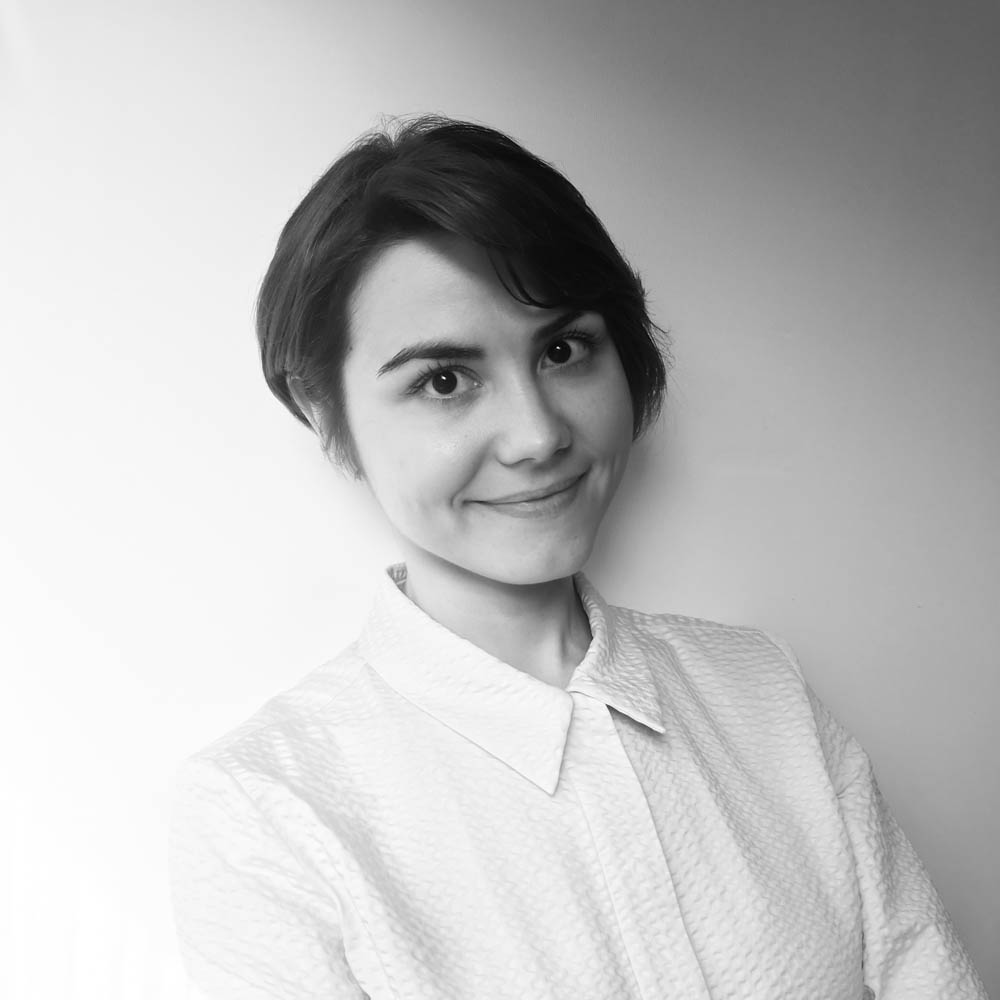
Elena Mishieva is an assistant professor in the Faculty of Foreign Languages and Area Studies of Lomonosov Moscow State University, Russia. She is also the academic secretary of the philology phd dissertation committee (Germanic and Romance languages).
Dr Mishieva is a magna cum laude graduate of Moscow State University and holds a PhD in philology from the university. Her thesis is entitled “Discourse Markers in Online Youth Communication in English”.
She has a number of publications on discourse analysis, online communication and youth communication.
She is a member of the National Association of Applied Linguistics (Russia) and the National Association of Teachers of English (Russia).
Dr Mishieva’s current academic research interests concentrate on cultural and national identity and related state educational policy, including ways of developing cultural identity by means of ELT.

Dr Maxime Jaffré is a research fellow at the French National Center for Scientific Research (CNRS), at the Centre Norbert Elias in Marseille, France. He holds a PhD in sociology from the School for Advanced Studies in the Social Sciences (EHESS). He defended a PhD thesis entitled “The globalization of culture and the spirit of Arabic music: a sociology of scholarly Arabic musical forms decontextualized in France and in the US”. Dr Jaffré has also worked as a research assistant at the University of Chicago with Terry Nichols Clark on the Scenes and the Fiscal Austerity and Urban Innovation (FAUI) projects, where he analyzed the social and political dynamics of cities and culture in France and internationally. He is currently involved in the ANR-Curricula research project funded by the French National Research Agency, which aims to analyse the reorganisation of cultural institutions in cities designated “European Capitals of Culture” in four European countries (France, Sweden, Poland and Italy). For this project, he is developing innovative statistical and cartographic methodologies involving Small and Big Data analyses applied to the urban environment to identify the impacts of creative territories and the socio-cultural dynamics of artistic innovation.